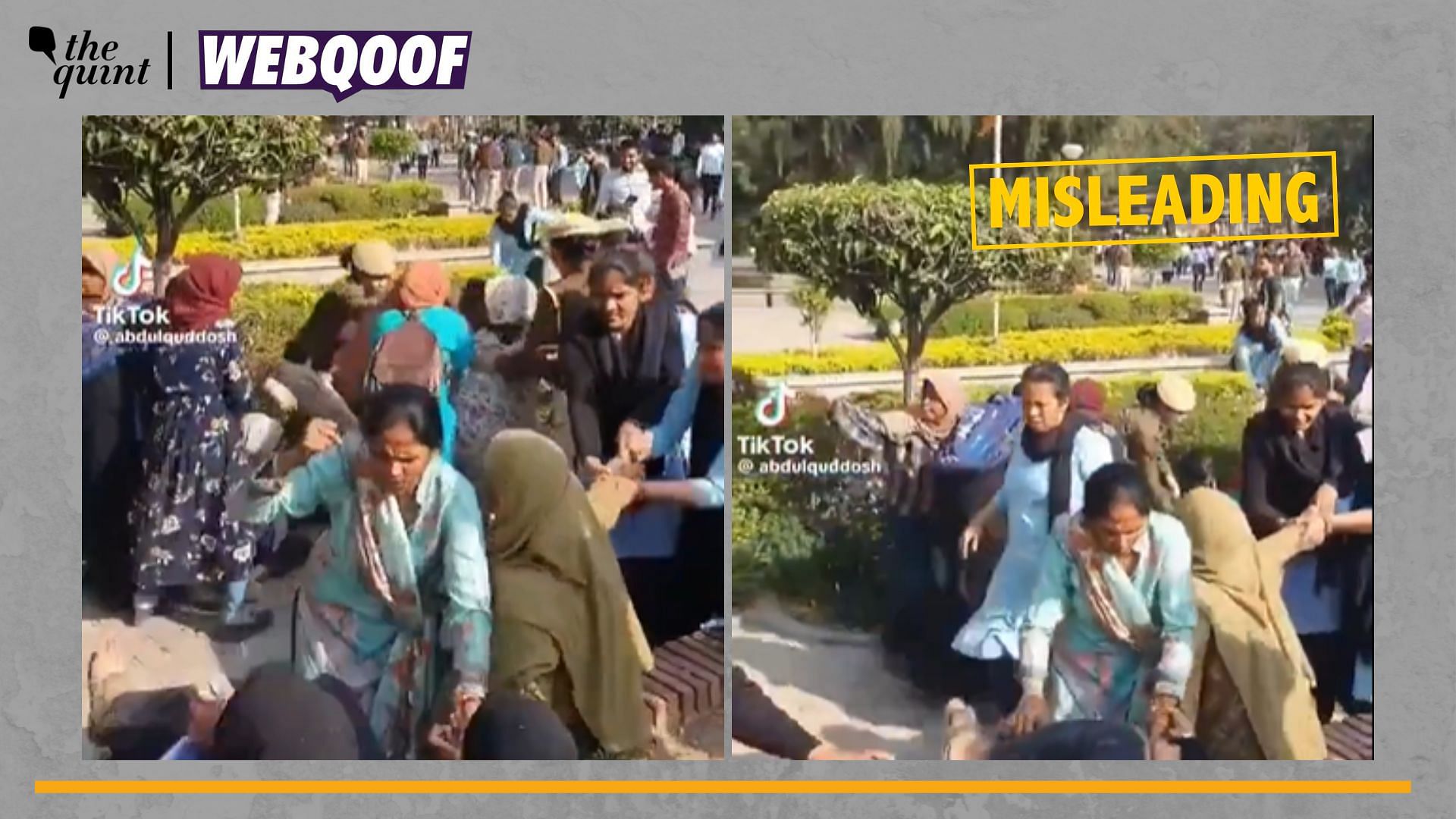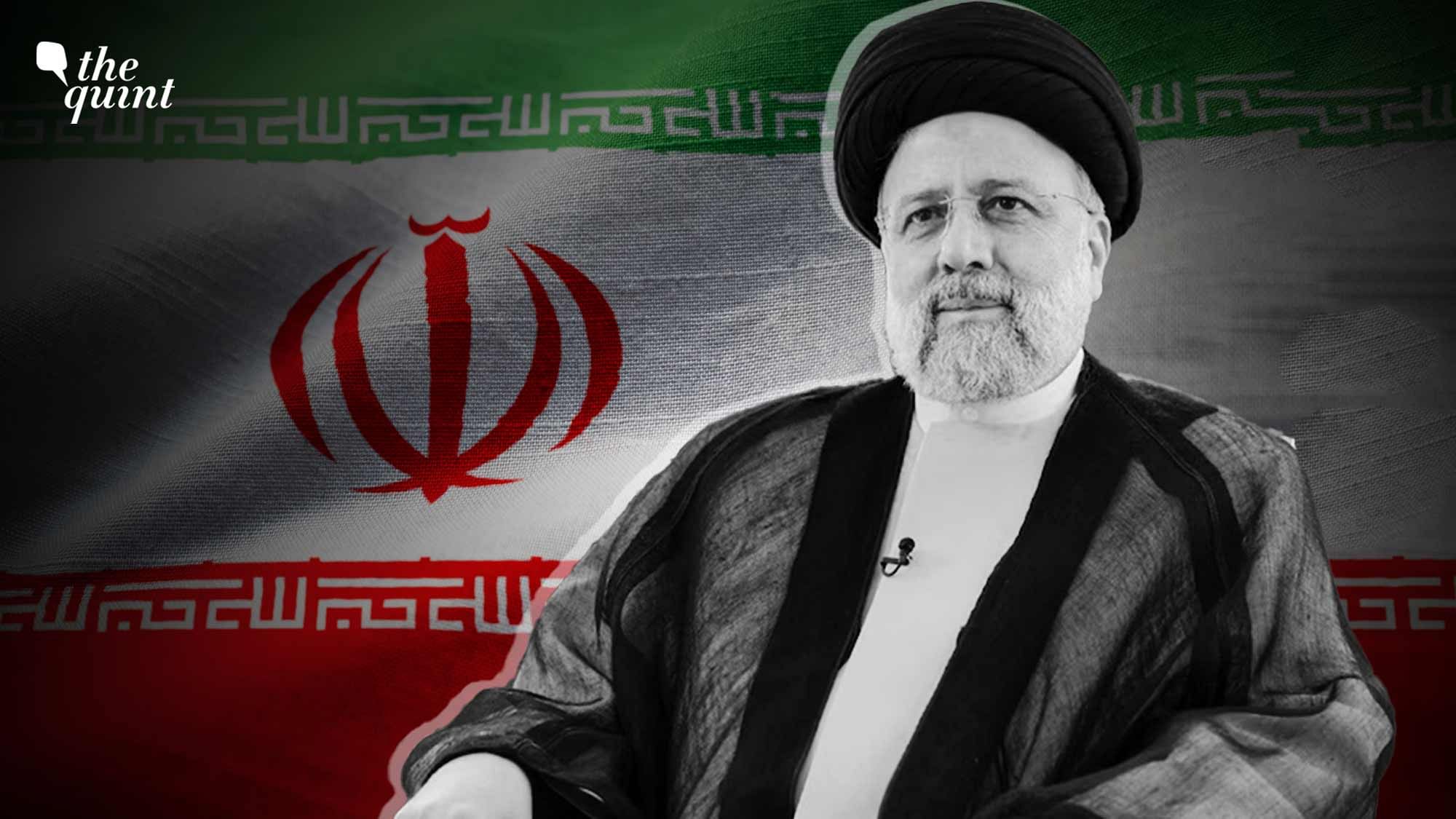The BJP boasts about near-universal access to LPG connections with PMUY, but the ground reality suggests otherwise.
Published: 09 May 2024, 4:00 PM IST

i
In light of the 2024 Lok Sabha elections, the political landscape in India is brimming with promises of women's empowerment and "Nari Shakti" from both the BJP and Congress. However, it's imperative to scrutinise the government's efforts towards women's empowerment over the past decade and understand what lies ahead.
In 2014, the BJP’s manifesto emphasised the role of women as ‘nation builders’ and stated that it recognised the important role of women (Nari Shakti) in societal development and national growth. It pledged to give high priority to women's empowerment and welfare by focusing on reducing high crime rates against women, increasing female education and employment levels, and introducing a constitutional amendment for 33% reservation in parliamentary and state assemblies.
While among the significant schemes focused on women's empowerment, the Pradhan Mantri Ujjwala Yojana (PMUY) stands out. Launched in 2016, its goal was to provide LPG connections to women from Below Poverty Line (BPL) families. While there are claims of near-universal (99%) access to LPG connections, the ground reality suggests otherwise. LPG consumption among PMUY beneficiaries has remained low, except for a spike during the COVID-19 relief package in 2020-21, which offered free refills.
The Beti Bachao Beti Padhao (BBBP) scheme exemplifies a similar pattern. In the fiscal year 2017-18, its audit report underscored the underutilisation of funds and disproportionate allocation towards media and advocacy. Field surveys and stakeholder interviews illuminated a lack of clarity among grassroots personnel, hindering effective resource allocation. In response to stakeholder feedback and audit findings, significant revisions were introduced in the scheme's implementation strategy starting in 2022.
Another such scheme is the Pradhan Mantri Matru Vandana Yojana, introduced in 2017 aimed at providing maternity benefits. Official data revealed that the modest progress achieved under the scheme by the close of 2019 was significantly eroded during the COVID-19 pandemic. The number of women benefiting from the scheme plummeted from 96 lakh in 2019-20 to 75 lakh in 2020-21 and further declined to 61 lakh in 2021-22, marking a nearly 40% decrease over the span of two years.
The BJP's manifesto introduces the 'Subhadra Yojana', a promising initiative offering a cash voucher of Rs 50,000 to every woman if the party comes to power. Additionally, it pledges to expand the Lakhpati Didi self-help group initiative for rural women and bolster Shakti desks in police stations to strengthen emergency response systems. Recognising the importance of infrastructure, the BJP promises to develop women's hostels and creches to facilitate greater participation of women in the workforce. Furthermore, it aims to empower women Self-Help Groups (SHGs) by providing them with skills and tools in key service sectors such as IT, healthcare, education, retail, and tourism, thereby increasing their income and market access.
In contrast, the Congress manifesto outlines the 'Mahalakshmi guarantee', promising Rs 1 lakh to one woman in each of the poorest families, directly transferring the amount to the bank account of the oldest woman of the household.
While political manifestos abound with promises of women's empowerment and progress, the ground reality often paints a starkly different picture. From the Pradhan Mantri Ujjwala Yojana to the Beti Bachao Beti Padhao initiative and the Pradhan Mantri Matru Vandana Yojana, numerous schemes have faced hurdles ranging from operational inefficiencies to inadequate resource allocation.
The disparity between lofty promises and tangible outcomes underscores the need for greater accountability, transparency, and sustained efforts to bridge the gap between rhetoric and reality. As the nation prepares for the Lok Sabha Elections 2024, it's imperative to heed the lessons of the past decade and commit to meaningful action that translates into tangible improvements in the lives of women across India.
(Deepanshu Mohan is Professor of Economics, Dean, IDEAS, Office of Interdisciplinary Studies, and Director, Centre for New Economics Studies (CNES), O.P. Jindal Global University. He is a Visiting Professor at the London School of Economics, and a 2024 Fall Academic Visitor to Faculty of Asian and Middle Eastern Studies, University of Oxford. Aditi Desai is a Senior Research Analyst with CNES and a Team Lead of its Infosphere Team, This is an opinion piece and the views expressed above are the author’s own. The Quint neither endorses, nor is responsible for them.)
(At The Quint, we are answerable only to our audience. Play an active role in shaping our journalism by becoming a member. Because the truth is worth it.)

 1 week ago
122
1 week ago
122



